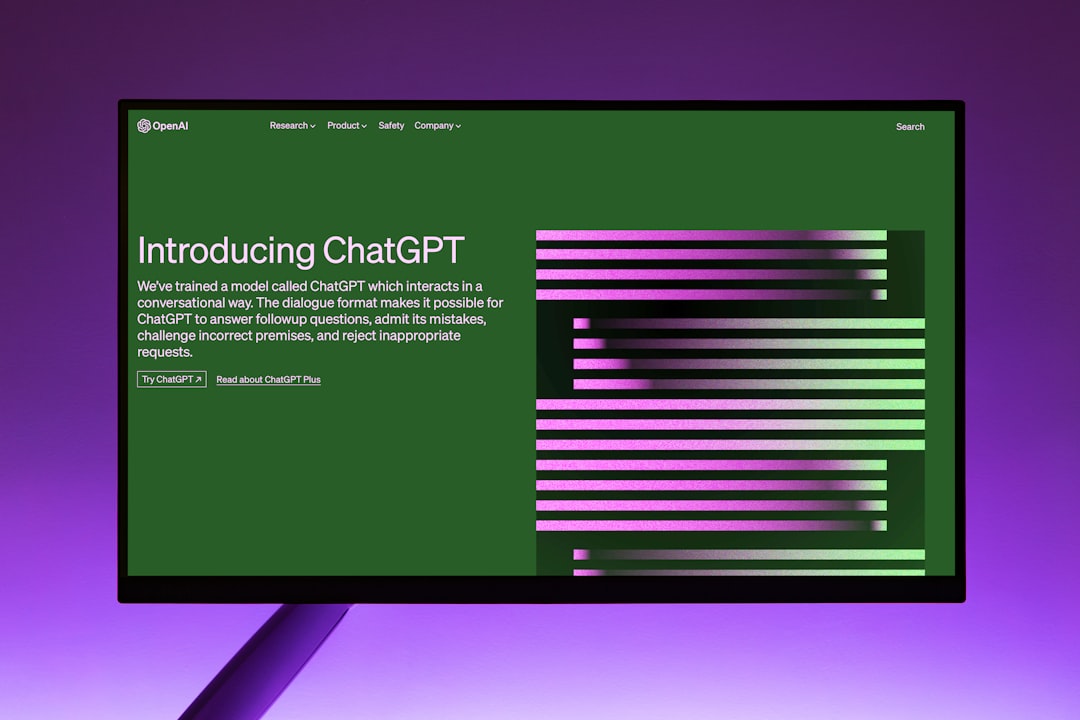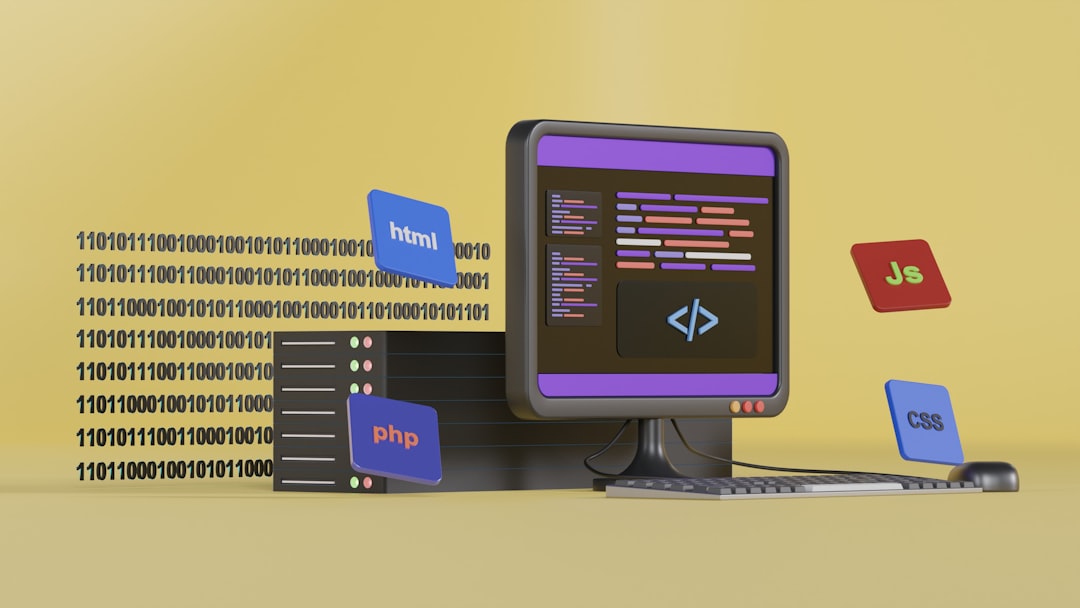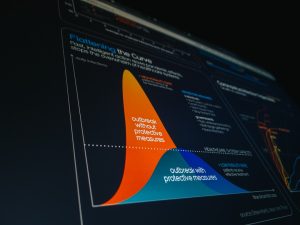
Since its inception in 2003, WordPress has grown from a simple blogging platform to a powerful content management system (CMS) used by millions of websites worldwide. Over the years, its core capabilities have continually evolved to meet the emerging needs of developers, businesses, and content creators. Most recently, the integration of artificial intelligence (AI) through plugins represents a significant leap forward. AI is changing how websites are built, managed, and optimized, and WordPress has embraced this revolution with open arms.
The Rise of AI in the WordPress Ecosystem
Artificial intelligence is no longer a concept rooted in science fiction or restricted to enterprise applications. Today, through user-friendly and accessible AI plugins, the power of intelligent automation has reached the everyday WordPress user. These plugins bring advanced capabilities—such as natural language processing, predictive analytics, image recognition, and machine learning—right into the dashboard of WordPress sites.
This convergence of WordPress and AI offers numerous advantages, from simplifying content creation to enhancing user experience and improving security. The fusion is particularly impactful for small to medium-sized businesses that previously lacked the resources to deploy advanced technologies.
Historical Perspective: The Evolution of WordPress
To appreciate the significance of AI within WordPress, it’s essential to understand the platform’s progression:
- 2003-2005: WordPress launched as a fork of b2/cafelog, offering basic blogging functionalities.
- 2006-2010: The introduction of themes, plugins, and widgets drastically expanded customization opportunities.
- 2011-2015: A focus on mobile optimization and REST API support turned WordPress into a full-fledged CMS.
- 2016-2020: Gutenberg, the block editor, revolutionized content creation with its modular approach.
- 2021-Present: The rise of AI plugins, marking a seismic shift in the capabilities and expectations tied to WordPress sites.
Transformative AI Plugins in WordPress
The addition of AI plugins has ushered in a new era in website management. Here are some of the areas where AI is making the most impact:
1. Content Generation
Plugins like AI Writer, Bertha.ai, and GPT-3 WordPress integrations use natural language processing to assist or automate content creation. These tools can generate blog posts, meta descriptions, and even marketing copy—all based on prompts provided by the user.
For content-heavy websites, this significantly reduces the time and cost associated with production while maintaining quality and fluency.

2. SEO Optimization
Search Engine Optimization is crucial for online visibility. AI-powered WordPress plugins such as Rank Math and All in One SEO now include smart suggestions and real-time analytics. These tools analyze keyword density, readability, and backlink potential, recommending changes that can improve SERP rankings.
The capacity to dynamically learn from content performance and user interaction sets these tools apart from traditional SEO solutions.
3. User Experience and Personalization
AI enables websites to offer highly personalized experiences by analyzing visitor behavior. Plugins like ChatBot by Tidio and LiveChat with AI support can recommend products, answer FAQs, or direct users to relevant content—all in real time.
This not only improves user engagement but also reduces bounce rates and increases conversion rates.
4. Security Enhancements
Security plugins like Wordfence and iThemes Security Pro have begun incorporating AI algorithms to detect unusual login patterns, identify malware variants, and predict vulnerabilities based on emerging threats. As cyber threats become more complex and adaptive, so too must our defensive tools.

5. Visual Content Tagging and Accessibility
AI is also making strides in media management. Plugins now feature automatic image tagging and alternative text generation, improving site accessibility and search engine indexation. This is especially useful for large e-commerce or photography websites where manual uploading of metadata would be highly labor-intensive.
Case Studies: Real World Impact
Numerous organizations have adopted these plugins to great effect. A mid-sized online retailer integrated AI-powered chatbots and saw a 25% increase in customer engagement. A content marketing agency using automated writing tools reported 40% faster content turnaround times. Even bloggers have realized tremendous value, automating routine SEO work and freeing up more time for creativity.
These transformations highlight how AI isn’t just a technology upgrade; it’s a strategic enabler that reshapes the workflows of businesses and individuals alike.
Challenges and Ethical Considerations
Despite the numerous advantages, reliance on AI also presents several concerns:
- Quality Control: AI-generated content may lack the nuance or emotional depth of human-created material.
- Plagiarism Risks: Using AI for content generation without proper oversight can lead to unintentional plagiarism.
- Data Privacy: AI tools that analyze user data must comply with regulatory frameworks like GDPR or CCPA.
- Job Displacement: The automation of tasks once done manually poses ethical questions around employment.
These challenges must be approached thoughtfully, with developers and users maintaining a balance between efficiency and ethical standards.
Future Outlook
The fusion of AI and WordPress is still in its early phases, and the horizon appears even more promising. Future developments may include:
- Advanced AI-designers capable of building websites with little to no human input.
- Machine learning models fine-tuned to specific industries, offering niche content and UI/UX experiences.
- Voice-enabled navigation and AI-generated video content tailored to individual user criteria.
Such innovations will further reduce the knowledge gap and lower entry barriers for website creation, enabling even greater participation across industries.
Conclusion
WordPress has continuously adapted to changing technological landscapes, but the integration of AI plugins stands out as one of the most transformative shifts to date. These tools are reshaping how content is produced, how websites interact with users, and how security protocols adapt to threats.
As we move forward, the responsibility rests with developers, businesses, and plugin creators to wield this power wisely. By maintaining ethical standards and focusing on human-AI collaboration, the WordPress ecosystem can continue to flourish—offering not just websites, but intelligent, adaptive digital experiences for all.
The evolution of WordPress through AI reflects a broader trend in the digital world—one where intelligence and automation don’t replace creativity but enhance it. With the right tools and strategic foresight, the future of WordPress is not only secure but exceptionally bright.






